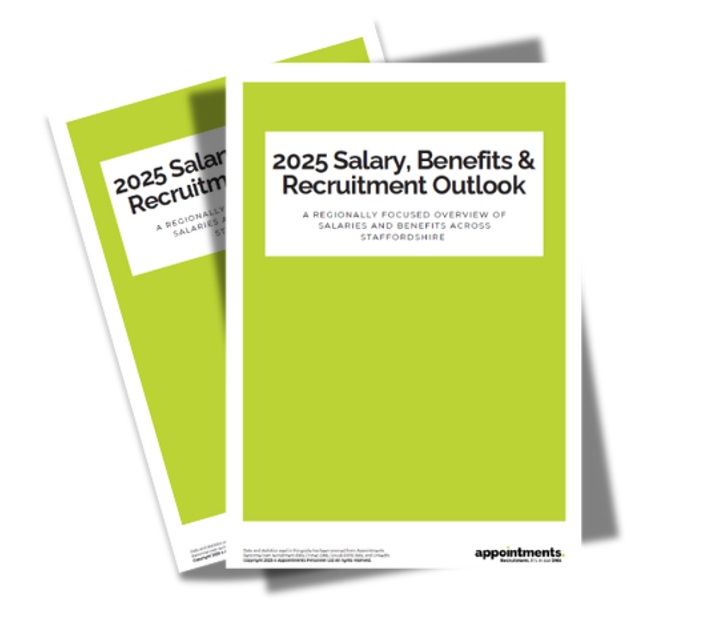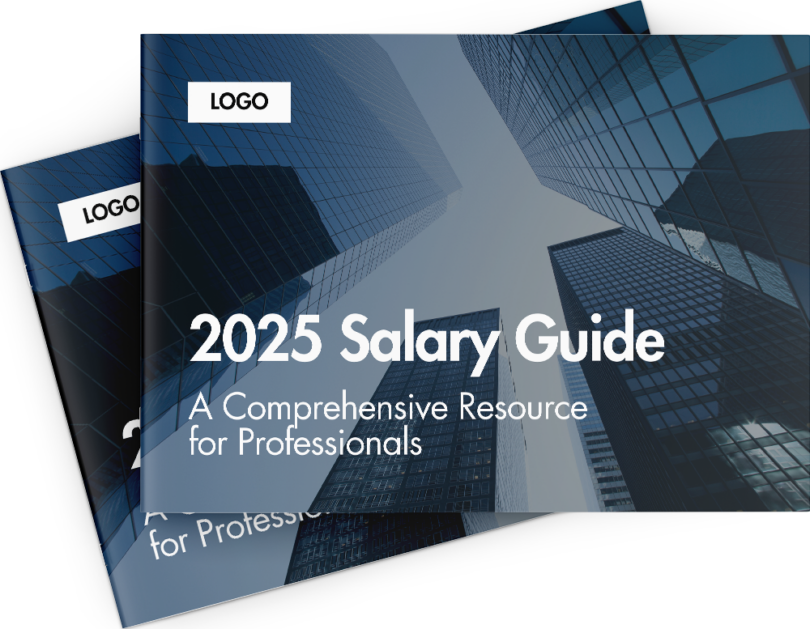
Share Article
Advice for the over 50s looking for work
We’re living longer, healthier lives and have the opportunity to think differently about working as we get older. In recent years we’ve seen more older people in employment than ever before, but many people over 50 are at risk of leaving the workforce early, and not necessarily because they want to.
Staying in work and taking control of when and how you retire can give you more money in later life as well as benefit your health and wellbeing.
In July 2022 the government announced millions of pounds of new measures to tackle unemployment amongst the over 50s on benefits. With rising household bills many over 50’s are considering how they can move back into work. In this blog we look at what the over 50’s should consider when planning to move back into work.
Think about your commitments
Results shows many over 50s have caring commitments, with 12% of men and 16% of women aged 55 to 64 providing informal care. Whether providing support to aging parents, or helping out with looking after grandchildren, you won’t be alone in looking for work that allows you to continue to provide this support. Be realistic about how many hours you want to work and can commit to.
Many employers are more open to considering flexible working, which may help you to work around your personal commitments whilst fulfilling your work commitments.
Do you have transferrable skills?
Many older workers have transferrable skills. Transferable skills, are qualities that you can transfer from one job to another. Highlighting your transferable skills is especially important when moving into a new job or industries. Older employers already possess many transferable skills employers value, such as organisation, communication, relationship or team building or attention to detail.
Think about all the skills you do have and look for different jobs that need these skills, it may introduce you to a new job sector that you haven’t considered before but may be a perfect fit for you.
Volunteer to get experience in a different area
If you do want to return to work but would like to try a different role you may want to look out for volunteering opportunities that you can use to enhance your experience. Maybe you could volunteer for your local community group, or help out in your local food bank. These opportunities will not only build up your relevant experience, if you’ve been out of work for a while they’ll also help boost your confidence and it’ll look great on your CV.
Update your CV
Did you know employers take about 6 second to decide if you’re right for the job from your CV, so it’s important to make sure it gets you noticed for the right reasons.
If you don’t have a CV there are lots of useful tips on writing a great CV online with templates you can download to get you started. Remember you’re competing with others to get shortlisted, so even if you have a CV make sure you review it and improve it.
Remember when you apply for a job you should tweak your CV to fit the job you’re applying for. Mention the skills they are looking for in the job description in your CV and make it as easy as possible for the recruiter reviewing your CV to shortlist you.
For lots of useful tips on getting your CV noticed check out our How to write a Great CV blog to get your CV ready for your next role.
Retrain with the skills toolkit
Developing your skills and ensuring your suitability for the workplace is essential at every age. If you do feel you have a gap in your knowledge that needs improving there is help available to you.
Don’t be put off by IT requirements on jobs. If you feel that you could improve your computer skills there are many opportunities available, before and during your time at work.
Find out about improving your English, maths and IT skills by visiting www.gov.uk/improve-english-maths-it-skills
There is also guidance available from Age UK about training in technology and using the internet. Visit their website to find out more www.ageuk.org.uk/work-and-learning/technology-and-internet.
You can also get information about lifelong learning and adult education from the National Careers Service. Visit nationalcareersservice.direct.gov.uk to find out more.
It’s never too late to learn a new skill and you’ll feel great once you start.
Make sure your social media profile is up to date
If you are already on social media, it’s a great way to network with others and link into companies you’d like to work for. Review and improve your social media accounts, make sure they’re professional. If a potential employer checks out your profile, what will they see? You want to make a good first impression.
Join groups of likeminded people who are working in similar job areas you’re hoping to work in. It will help you to keep up to date on the latest developments in your area and show that you are committed to your line of work.
For more advice about making sure your social media is an asset to your job search check out our blog on Using LinkedIn to boost your job search.
Choose an employer who is flexible
Many employers now offer other benefits such as hybrid working (a mix of home based and office) to attract people to work for them. Look for employers who offer flexibility as one of their benefits.
This will help you if you do have other commitments, like informal caring support. It also helps you to strike a good work life balance. However, research does indicate that those working from home are more productive than those working in the office as they tend to work extra hours as they’re not factoring in commutes in their working day and sometimes it can be difficult to switch off.
Check out the career advice area of our website
We publish lots of useful advice blogs to help people navigate their job search and return to work. Everything from pulling your CV together, preparing for interviews and how to make a great impression in your first 30 days, you’ll find lots of great support.
Visit www.appointmentspersonnel.co.uk/career-advice/ for more advice.
Ask friends and family if they know anyone who is recruiting
Make sure you talk to your friends and family and let them know you are looking for work. They may know of the perfect opportunity for you. A lot of companies like to get referrals from people who already work for them and offer referral payments. Not all opportunities are openly advertised, so it’s always worth asking around.
Build your confidence
If you’ve been out of the work place for a while, don’t worry we all feel nervous when looking for and starting a new job. Try boosting your confidence with volunteer work, maybe do a few hours in a charity shop to get out there, or offer to help out at your local community group. Your confidence will soon start to build up once you take those first steps.
Recognise what you’re good at. We’re all good at something, so focus on all the great skills you have. Surround yourself with positive relationships they’ll help you focus on your strengths.
If you are nervous about being interviewed, do your homework and make sure you’re prepared. Employers expect you to be nervous at an interview, but remember they just want to find out if you’re right for the job. And if you’re not, the interview will have been a great opportunity to hone your interview technique and get it right next time.
We all like to think we’re kind to others, but make sure you’re kind to yourself too. If your first attempts at finding work aren’t successful maybe that wasn’t the job for you and there is something better that will come along. Practice makes perfect too, so just think about how you can improve and move onto the next opportunity.
Get in touch with the job centre
The Government has put together a support package to provide more one-to-one support at jobcentres to help jobseekers over the age of 50 get into, and progress in work, boosting their earnings ahead of retirement.
The government’s scheme also provides mid-life MOTs in jobcentres. So, if you’ve been thinking about retirement or have been retired, the scheme will help you take stock of your skills and finances, and show how taking jobs could boost your income based on your skills and experience.
Another aspect of the support for older workers is that, if you’ve been out of work for nine months, you can be referred to the Government’s Restart Scheme which will provide a year of intensive support to help get you back to work.
There is lots of help out there, so get ready to spruce up your CV and start thinking about where your next opportunity will be. Visit our careers advice pages to get ready for your next role.










